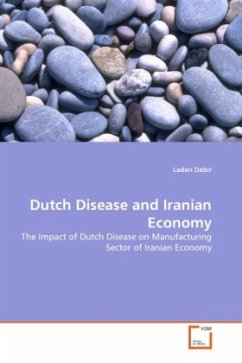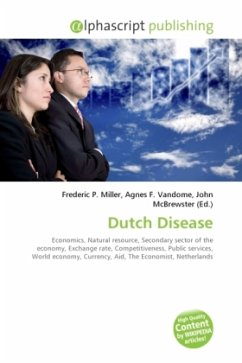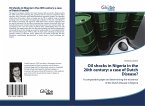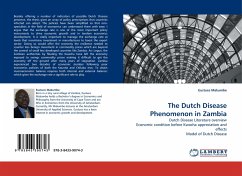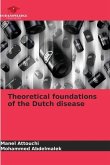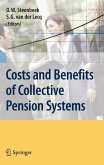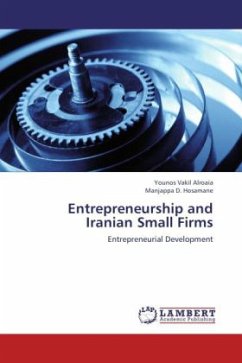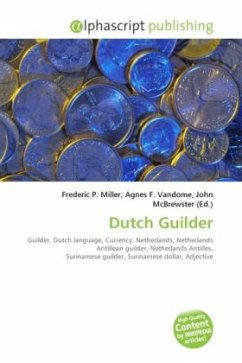Iran as a country dominated by oil exports offers unique insights and rich rewards considering its economic and socio-political environment. Although according to a resource-based analysis this economy has the potential of being the world's 20th strongest economy because of its rich reserves in minerals and other natural resources alongside with country's geo-strategic position. However, since the Revolution in 1979, Iran has encountered important socio-economical and instructional changes and at the same time has been affected by significant economic and political disruptions. The so-called "Dutch Disease" as an economic concept explains the seeming relationship between natural resource abundance in a country and decline in other economic sectors specially manufacturing. This theory reveals that an increase in revenues from natural resources will de-industrialize the economy by raising exchange rate, which makes manufacturing sectors to become less competitive. The primary purpose of this book is to determine if Iranian economy is suffering from this problem and if so what will be the impact of this issue on manufacturing sector.
Bitte wählen Sie Ihr Anliegen aus.
Rechnungen
Retourenschein anfordern
Bestellstatus
Storno

